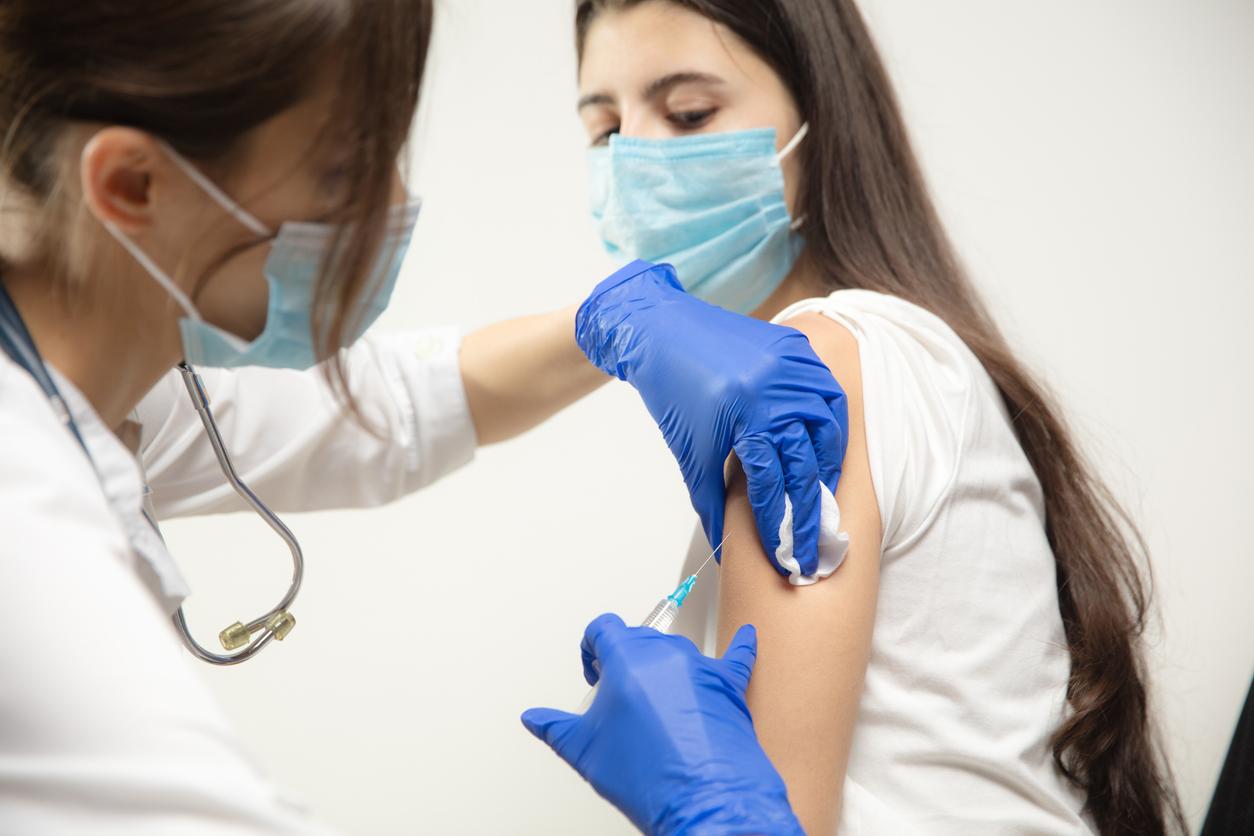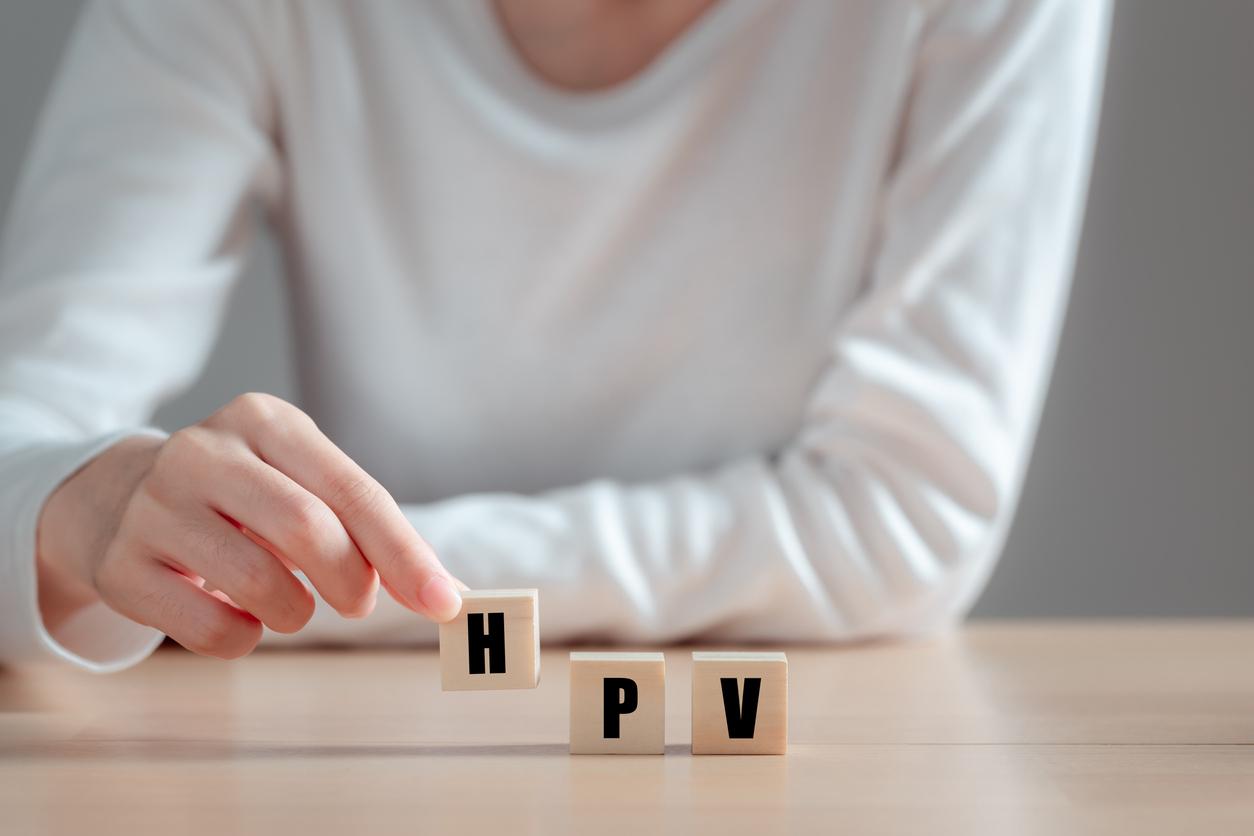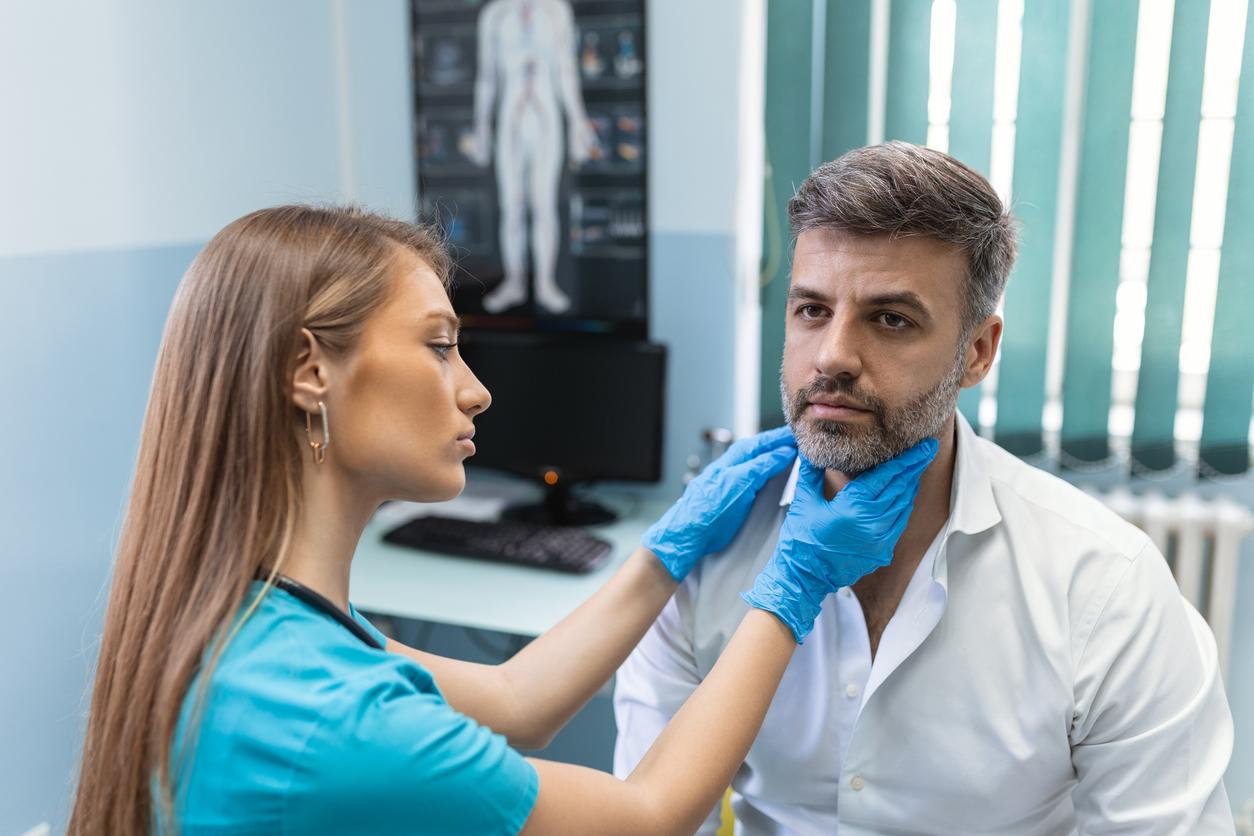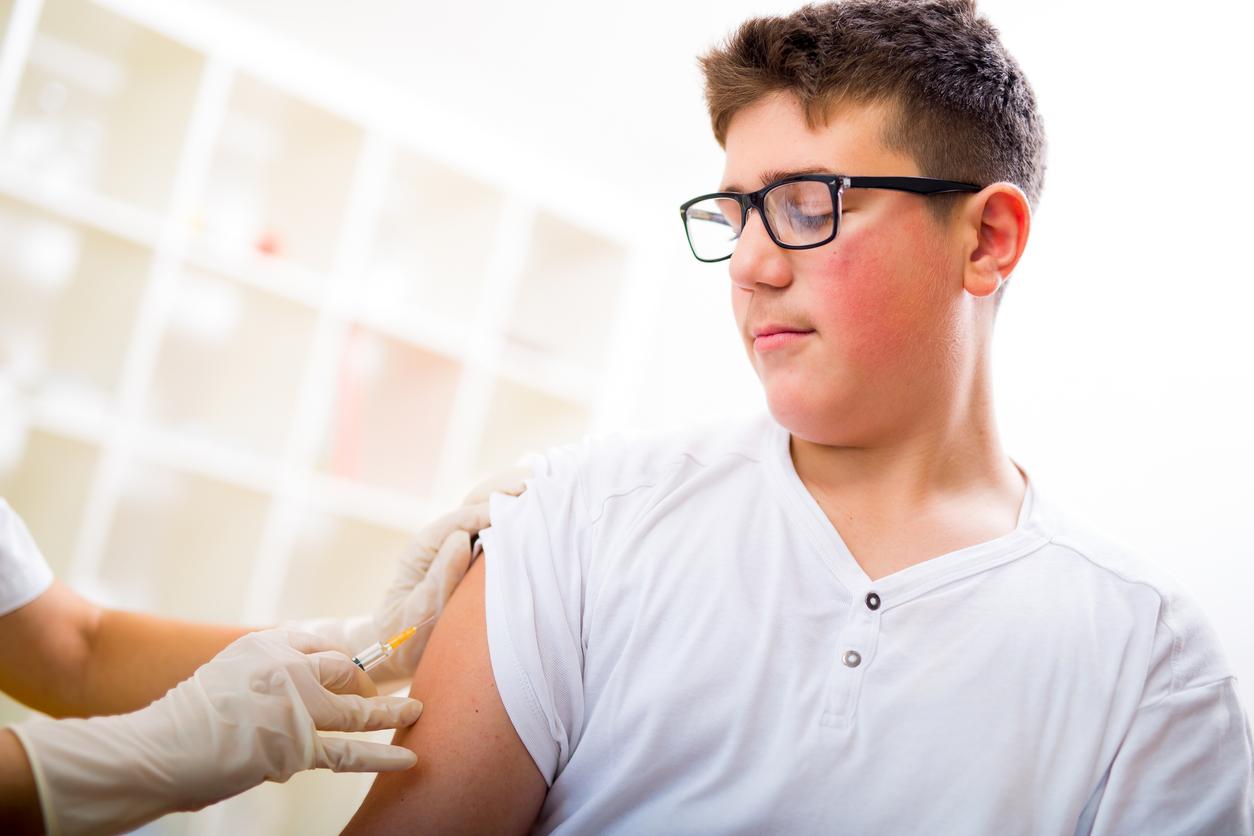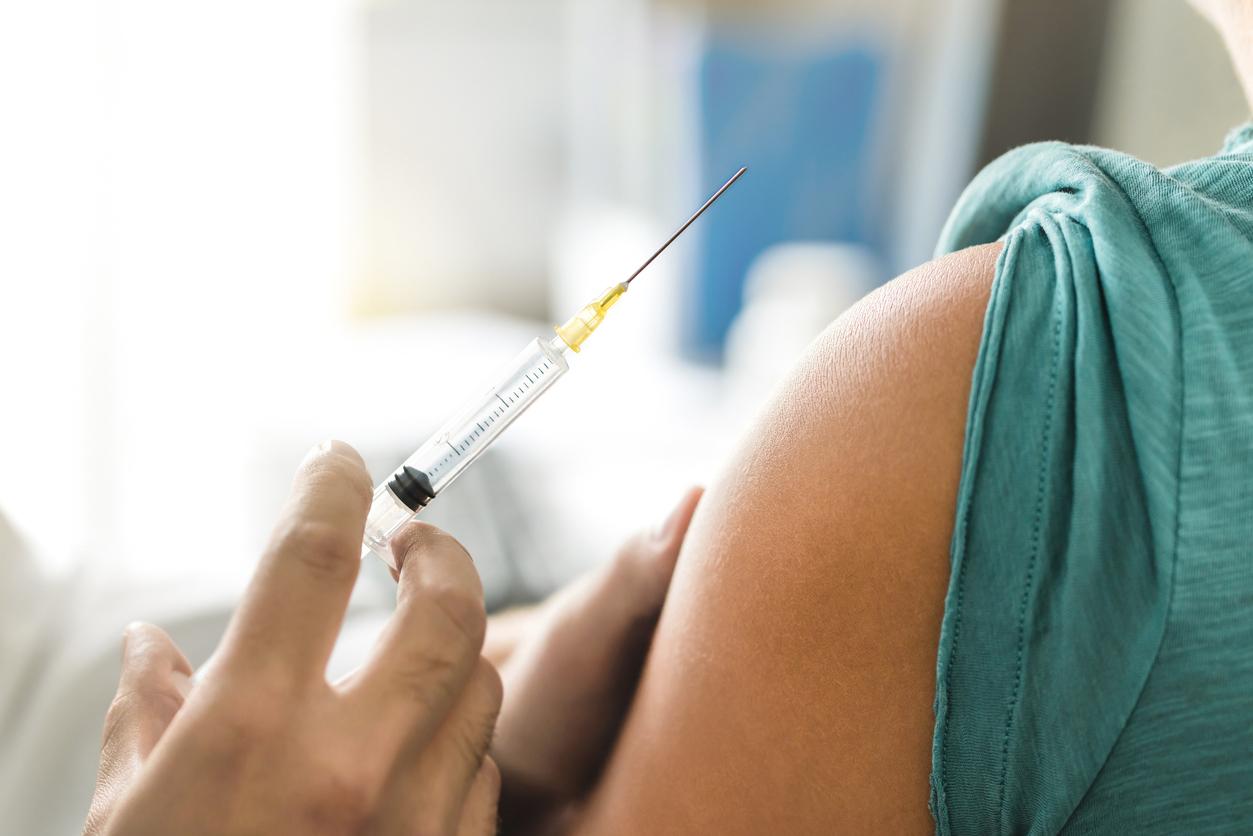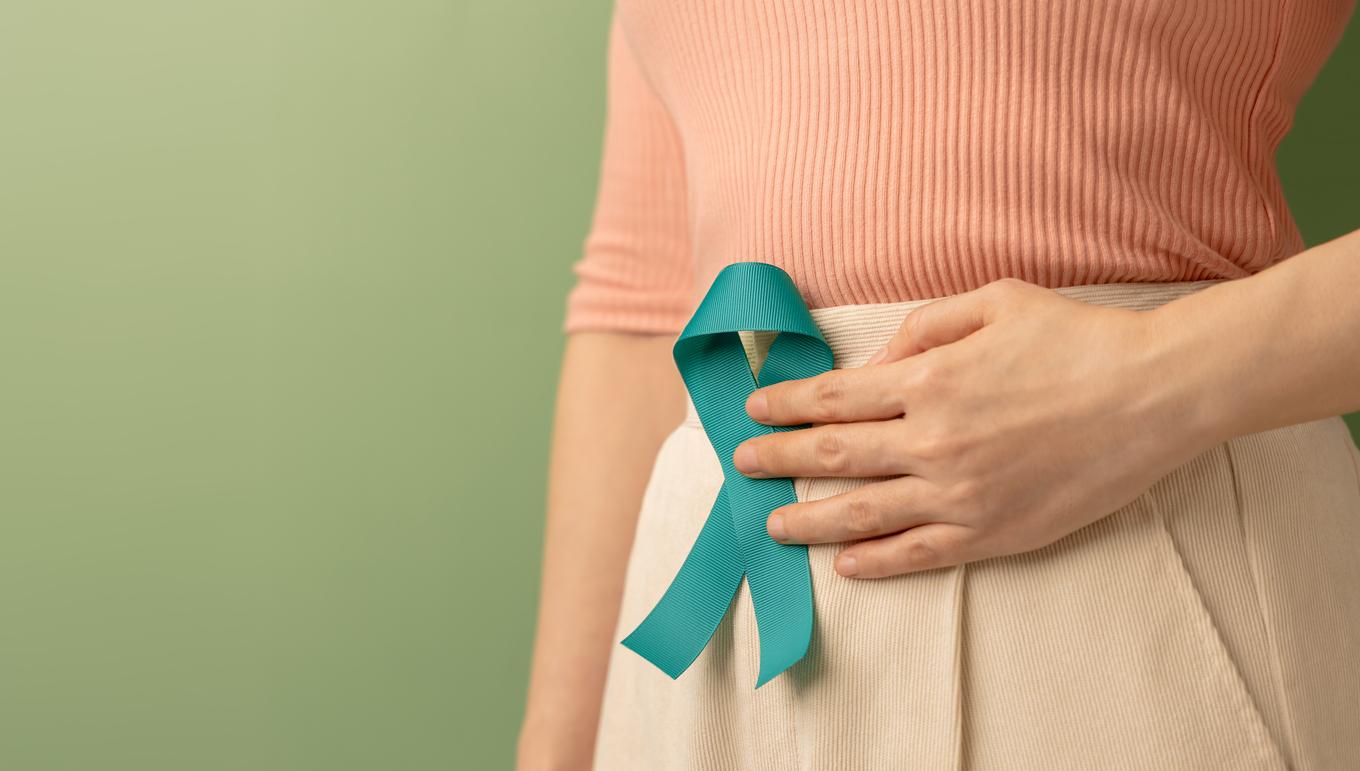While the European Agency has announced two deaths of young girls vaccinated, health authorities and doctors maintain their recommendation in favor of Gardasil®.
Warning shot on the only vaccine, currently available in France, against cervical cancer? The European Medicines Agency (EMEA) reported on January 24 that two deaths occurred in Austria and Germany in girls aged 18 and 19, who had undergone a Gardasil® vaccination. One died shortly after the second vaccination, and the other 23 days after the first vaccination. However, no link between the administration of the vaccine and the deaths has been established. The EMEA considers that “the risk / benefit ratio remains favorable”. The vaccine is monitored by a European risk management plan.
The French Agency for the Safety of Health Products (AFSSAPS) indicates for its part that no similar case has been reported in France. While maintaining the recommendation, AFSSAPS recalls that any “serious or unexpected adverse effect” must be reported to the regional pharmacovigilance centers. National risk monitoring has been entrusted to the Bordeaux regional center. And in addition, in France, as part of the pharmaco-epidemiological studies program, a
first protocol is being finalized. Its objective is to follow vaccinated adolescent girls and young women who have been reimbursed by the Health Insurance, and in particular to monitor the appearance of identifiable autoimmune manifestations among long-term illnesses.
Gardasil® is a preventive vaccine against infections caused by papillomaviruses (types 6, 11, 16 and 18). These sexually transmitted viruses can cause precancerous lesions of the female genital system and cancers of the cervix, especially 16 and 18. In France, nearly 3,000 new cases of cervical cancer. uteri are detected and nearly 1000 women die from it per year.
This vaccine from Sanofi-Pasteur MSD laboratories has been marketed in France since November 2006. It was recommended in March 2007 by the Superior Council of Public Hygiene for teenagers aged 14, and “by catch-up” for young women aged 15. at 23 years of age who have not had sex, or within a year of their first intercourse. And it was admitted in July 2007 to reimbursement up to 65%. However, the price of Gardasil® can represent a barrier for many families: it costs 145.94 euros per dose, or 437.82 euros for the person to be protected.
This announcement caused concern from patients and, sometimes, questions from doctors. Especially since this comes at the time the managers of two laboratories, GlaxoSmithKline and Sanofi Pasteur Aventis MSD, having developed and marketed the hepatitis B vaccine, are being indicted for “aggravated deception” …
“Like any information, this is likely to impact public opinion,” underlines Professor Roland Bugat, member of the National Cancer Institute and oncologist at the Claudius Régaud Institute in Toulouse. These two unfortunate deaths constitute a new anxiety-provoking one. But, above all, this should be seen as a concern for transparency on the part of the drug monitoring authorities and this is positive. “
“It is important that the European Agency informs us, reacts Dr Joseph Monsonégo, gynecologist, oncologist and coordinator of clinical trials in France. I am not surprised by these incidents, especially since the cause has not been identified. It should be noted that the quadrivalent vaccine, for which these two young girls were concerned, has already been prescribed to more than 11,000 women in the world during clinical trials including more than 25,000 subjects, and over a follow-up period which is over five years. We did not observe a concomitant association with serious effects. “
A challenge for healthcare professionals
According to Dr Monsonégo, it is accepted that one can expect a frequency of death unrelated to vaccination of 1 case per 100,000 in the age group concerned. “So it makes sense to see deaths,” he adds. For Dr Yann Leocmach of Sanofi Pasteur MSD, respect for compliance is decisive. In fact, the vaccine comprises three doses administered intramuscularly at 0, 2 and 6 months. “The prescribing doctor really needs to follow up on the three injections. “
The EMEA estimates that 1.5 million young women have been vaccinated in Europe. In France, AFSSAPS specifies that 450,000 doses have been delivered since it was put on the market, and 186,000 were reimbursed between August and the end of November 2007 according to the National Health Insurance Fund. 10% of these reimbursements concern 14-year-old girls.
“It’s a promising start,” says Dr Monsonégo. But, as vaccination is not compulsory, it is a real challenge for health professionals, because we must have very broad coverage to see a drop in the prevalence of cervical cancer ”. For now, who is prescribing? According to Dr. Leocmach, three out of four gynecologists, and two out of three general practitioners, have prescribed the vaccine at least once.
For Prof. Jean Lévêque, from the obstetrics and gynecology department of Rennes University Hospital, the challenge is to reach people who escape screening. “If we only vaccinate people who are already part of the screening circuit, we are not going to win,” he explains. To have a tangible result in the face of the disease, we must reach 80% of the affected population. We need general practitioners to inform all segments of the population concerned and for vaccination coverage to expand ”. But beware, “we must respect the recommendation, insists Carmen Kreft-Jaïs, head of pharmacovigilance at Afssaps. Vaccinate 14-year-old adolescent girls, and catch-up young women 15 to 23 years old, provided they have not had their first intercourse in more than a year. ”
In conclusion, the Gardasil® vaccine is under the vigilance of the EMEA and Afssaps. And the Cervarix® vaccine, a preventive vaccine against infections linked to papillomaviruses (type 16 and 18) from GlaxoSmithKline, which should be marketed in France from March 2008, will be subject to the same monitoring requirements.
.










